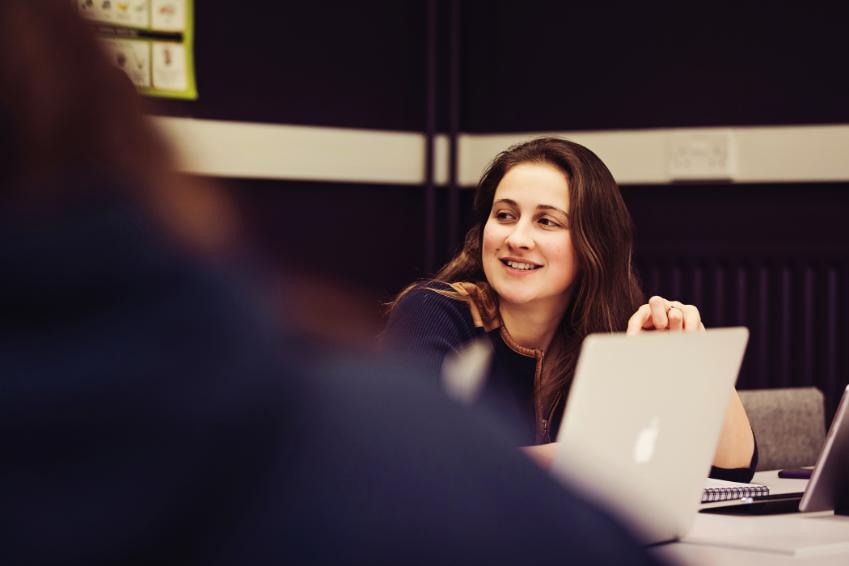PgD - Counselling and Psychotherapy
If you're interested in supporting people and the world of the psyche intrigues you, you can make an immense impact on the lives of others by becoming a counsellor or psychotherapist.
Develop as a therapist and explore your interests through a range of practical exercises and academic challenges. In your clinical practice, support people as they work through their life challenges, mental health struggles, relationship difficulties and experiences of loss.

Course Overview
On this course, you will develop understanding and practical skills to support your work with others as they explore and experience various forms of psychological difficulty and distress. You will encounter different models of mental health and wellbeing, with a focus on developing therapeutic practice grounded in the person-centred and wider humanistic approaches. You may work with clients presenting with a wide range of issues – including those who are experiencing or have experienced difficulties such as grief, loss, addiction, anxiety, low mood or trauma.
On this course you will...
- Explore and apply counselling and psychotherapeutic literature to current issues, contexts and experiences with a specific focus on the person centred modality.
- Be given high quality support and guidance by our lecturing team who are active in their research and practice.
- Learn valuable transferrable skills in PG research, which are highly sought after by employers.
- Have the opportunity to choose topics and areas that you want to learn more about to tailor your learning experience through your assessments e.g. ethical dilemmas, literature reviews and case studies.
- On graduation, you will be eligible to apply for individual membership of the British Association for Counselling and Psychotherapy (BACP), and may also apply for registration, subject to passing the BACP Certificate of Proficiency.
Location
Lancaster Campus
Lancaster is the Red Rose heartland, a student haven full of history and culture. With iconic stone architecture, parkland, and a caring community, this is the place to get involved. The campus houses top-quality facilities tailored to the needs of life-savers, world changers, and future leaders.
Find out more
Find out more about studying with us
Attend an Open Day at Cumbria
An Open Day is your opportunity to explore one of 5 campuses, meet your lecturers, and find out how the University of Cumbria could become your new home.


.webp)


